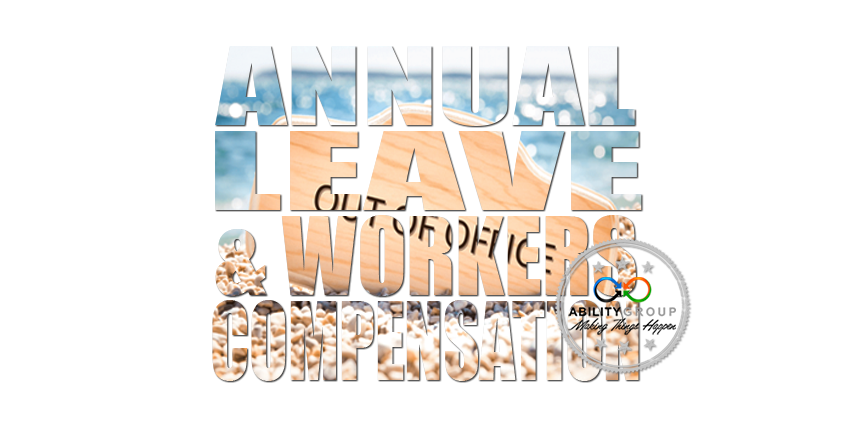
by Marc Ring | Nov 27, 2024 | Claims, Injury Prevention, Managing Psychosocial Hazards, Work Health & Safety, Workers Compensation, Workplace safety
The festive season is a time for celebration, but it’s also a time when workplace safety must remain a top priority. Work Christmas parties, while a great way to boost morale and show appreciation for employees, can present unique safety challenges. Each year we aim to provide recommendations and work party safety tips to help you make sure your people have fun and prevent the work Christmas party hangover.
(more…)

by Marc Ring | Nov 25, 2024 | Premium, Wage Audits, Workers Compensation
In NSW the State Insurance Regulatory Authority (SIRA) has recovered $10M in underpaid premiums. SIRA identified 81 employers suspected of being underinsured for workers compensation, primarily due to under-declaring wages. This was achieved through direct employer engagement and predictive data modelling. Following our Wage Declarations & Adjusted Premiums article last month, SIRA’s actions act as a timely reminder for all Australian businesses to ensure they provide accurate actual wage declarations to avoid fines/penalties or interest.
(more…)

by Marc Ring | Oct 21, 2024 | Premium, Workers Compensation
Timely submission of a business’ actual wage declarations is an essential step in processing their workers compensation premium adjustment. In discussions with underwriters recently we have noted a heightened focus for insurers to obtain Actual Wage Declarations before the due date. Understanding wage declarations & adjusted premiums is important for businesses needing to successfully manage cash flow, profitability & other aspects.
(more…)

by Marc Ring | Oct 14, 2024 | Claim costs, Claim management, Claims, Premium, Workers Compensation
Each state/territory has specific workers’ compensation regulations with a common goal of providing financial support for injured & ill workers. So what happens with some types of Annual Leave & Workers Compensation Claims?
(more…)

by ABILITY GROUP | Sep 10, 2024 | Claim costs, Claim management, Health & Wellbeing, Human Resources, Injury Prevention, Work Health & Safety, Workers Compensation, Workplace safety
Pre-employment Functional Assessments offer a cost-effective way to evaluate if candidates can safely perform job tasks based on their physical and medical capacity.

by ABILITY GROUP | Sep 9, 2024 | Injury Management, Injury Prevention
A hernia occurs when soft tissues or organs start to protrude through a weakened portion of the muscle or ligament that overlies it. There are several different types of hernias, each named by the location where they are present. The risks of sustaining a hernia arise from genetic factors like age and obesity or can result from heavy lifting, overstraining and chronic coughing to name a few.
(more…)






